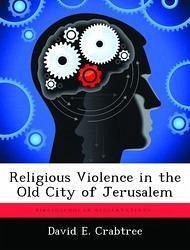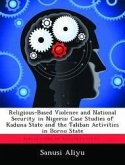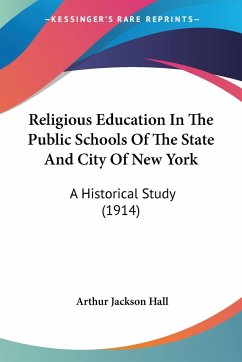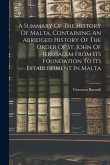The unity and control of Jerusalem has been among the most contentious and complex issues in Israeli-Palestinian relations. Jerusalem is home to both Jews and Palestinians. It is the capital of Israel and perhaps the future capital of Palestine. It is the home to three monotheistic religions (Judaism, Islam and Christianity), whose histories are plagued with religiously motivated violence. The epicenter for this violence stems from the struggle over the Old City of Jerusalem and its holy sites. Understanding the religious significance of these holy sites and their relationships to Israeli-Palestinian affairs may provide answers to the question of what to do with Jerusalem. This paper involves an in-depth examination of two cultures and three Abrahamic religions, as they relate to the holy sites within the Old City of Jerusalem and to Israeli-Palestinian relations. It explains the sacred values of the two cultures and the three religions, details their relationships as it pertains to the holy sites and categorizes the religiously motivated violence fueling this conflict. It then explores possible solutions involving two new approaches in an attempt to answer the Jerusalem question and offers recommendations. All attempts have been made to provide a balanced research perspective. The key findings of this research reveal complex social structures that involve two combating cultures and three historically violent religions. Each shares similar values and beliefs involving one God and the sacred land of Jerusalem, but also have conflicting agendas in their pursuits to achieve their respective religious and national identities. These competing agendas have spurred further violence, which will continue unless symbolic concessions can be made and an interfaith dialogue can be integrated into future peace negotiations.
Hinweis: Dieser Artikel kann nur an eine deutsche Lieferadresse ausgeliefert werden.
Hinweis: Dieser Artikel kann nur an eine deutsche Lieferadresse ausgeliefert werden.








